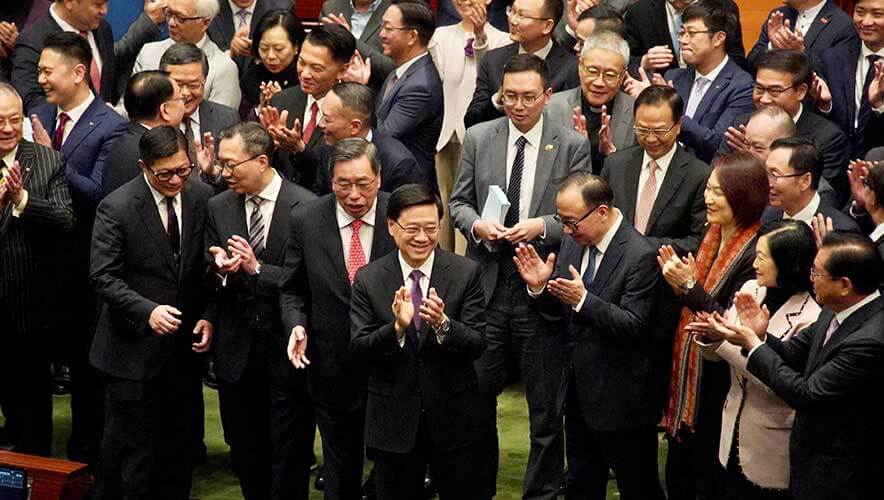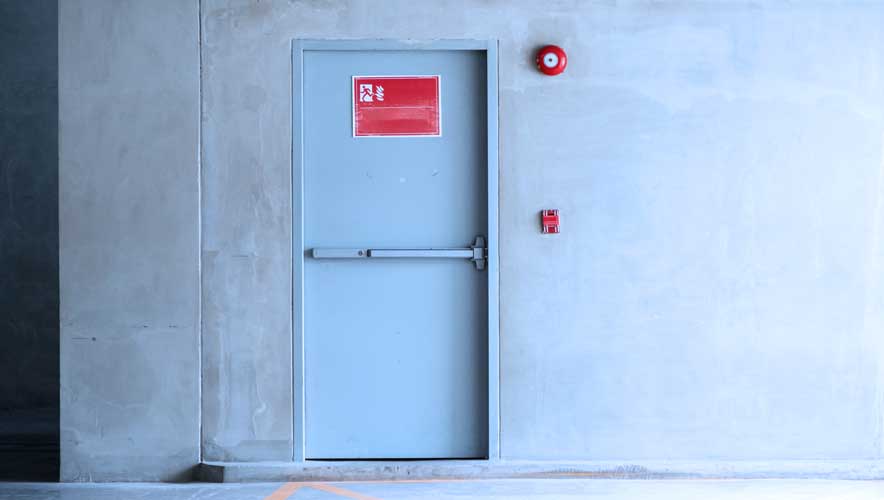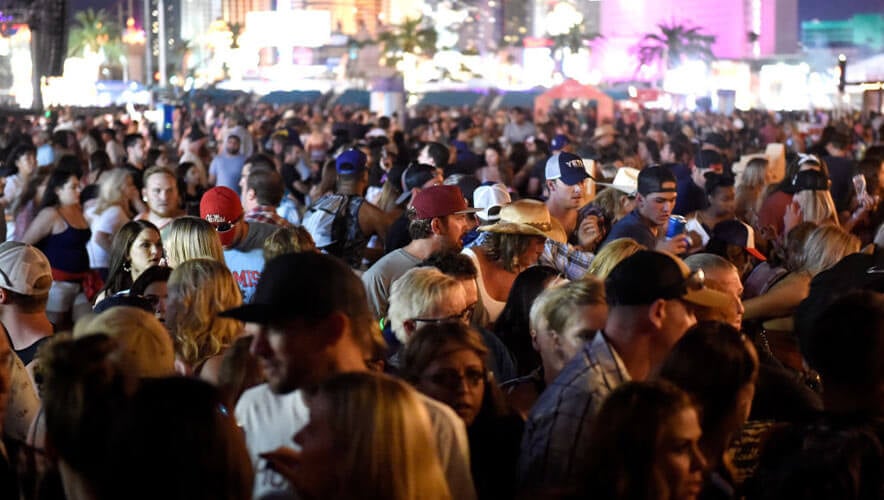Hong Kong Legislature Passes National Security Law, to Take Effect Saturday
Lawmakers in Hong Kong overwhelmingly passed legislation this week that will further transform its national security laws, as well as create penalties for individuals and organizations outside the special administrative region.
The law, known as the Safeguarding National Security Bill which updates Article 23 of the Basic Law, goes into effect on 23 March. It was moved forward with abrupt speed during the past week after similar legislation was stalled in 2003 due to mass protests. Eighty-nine out of 90 legislators voted to approve the law on Tuesday.
The law “is needed to guard against people who invade our home,” said John Lee, chief executive of Hong Kong, in an interview with the South China Morning Post, which is owned by Alibaba. “We need to have such tools which are effective in guarding against ‘black violence’ and color revolution…we no longer need to worry about people destroying public infrastructure with the new law.”
Hong Kong authorities will now have the power to quash challenges to government rule and create punishments for treason and insurrection—including up to life in prison—as well as jail people (for 20 years, up to life in prison) for damaging public infrastructure with the intent to endanger national security. The law also creates prison sentences for espionage (20 years), unlawful disclosure of state secrets (10 years), and prosecutions for certain acts committed outside of China, according to the Associated Press (AP).
“Its expansive definition of external forces includes foreign governments and political parties, international organizations, and ‘any other organization in an external place that pursues political ends’—as well as companies that are influenced by such forces,” the AP reports. The inclusion of these provisions may have been inspired by the 2019 mass protests in Hong Kong, which officials in Beijing sad was supported by external forces.
For instance, the law now allows Hong Kong’s government to cancel passports and suspend qualifications to practice a profession for Hong Kong residents, incorporated bodies, or businesses that violate national security laws regardless of where they operate in the world.
“Anyone who ‘directly or indirectly’ funds the absconders may be sentenced to up to seven years in prison,” said Human Rights Watch, which opposed the new law.
“The Safeguarding National Security Ordinance punishes peaceful speech and civil society activism with heavy prison sentences, expands police powers, and weakens due process rights,” Human Rights Watch explained. “Because provisions apply to Hong Kong residents and businesses anywhere in the world, the law can silence dissent both in the city and globally.”
Additionally, the law creates new offenses related to technology, such as the crime of “unauthorized acts related to a computer or electronic systems” that are punishable by up to life in prison, NPR reports.
In a statement issued on 19 March, the European Council of the European Union said enactment of the Safeguarding National Security Bill may significantly affect work of the European Union’s Office, European Union Member States’ Consulates-General, and EU citizens, organizations, and companies in Hong Kong.
The new law also “raises questions about Hong Kong’s long-term attractiveness as an international business hub,” the council said. “The bill’s sweeping provisions and broad definitions, specifically in relation to foreign interference and state secrets, appear as particular concerns. The significantly increased penalties provided for in the bill, its extraterritorial reach, and its—at least partial—retroactive applicability are also deeply worrying.”
British Foreign Secretary David Cameron said the law will have far-reaching implications for the independence of institutions, autonomy, and protection of rights and freedoms of people living and working in Hong Kong.
“The broad definitions of national security and external interference will make it harder for those who live, work, and do business in Hong Kong,” Cameron said in a statement. “It fails to provide certainty for international organizations, including diplomatic missions, who are operating there. It will entrench the culture of self-censorship which now dominates Hong Kong’s social and political landscape, and enable the continuing erosion of freedoms of speech, of assembly, and of the media.”
Britain controlled Hong Kong for more than 150 years until it transferred control of the region to China in 1997 under the provision of a “one country, two systems” principle that would allow Hong Kong to retain its autonomy for 50 years. Hong Kong had its own constitution, known as the Basic Law, that gave it rights to an independent judiciary, political parties, and freedom of assembly and speech.
During the past five years, however, China has exerted influence over Hong Kong’s affairs by passing legislation that altered Hong Kong’s Legislative Council and supporting a National Security Law that criminalized terrorism, secession, subversion, and collusion. At least 35 NGOs left Hong Kong after the National Security Law was enacted in 2020.










